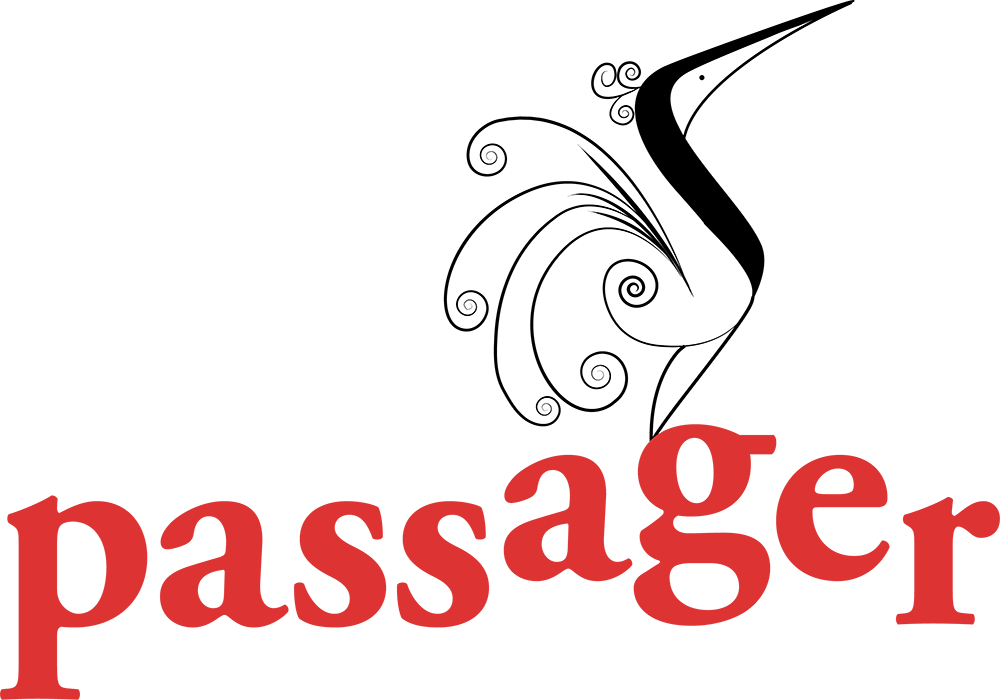Baseball

To mark the beginning of baseball season, an excerpt of “Striking Out” by Bea Epstein from the 2013 Passager Open Issue.
5 minutes
TRANSCRIPT
To mark the beginning of baseball season, a piece from Passager Issue 54. Bea Epstein grew up in Brooklyn, the child of Eastern European immigrants who wanted a better life for their children. Here’s an excerpt from her memoir “Striking Out.”
All through the summer when I was ten, the Dodgers won game after game. Everyone in Brooklyn hoped their beloved “team with a heart” would win the pennant and go on to play the Yankees in the World Series. Wherever I went, people argued about how the home team would do in the next game.
On Dodgers’ game days, the entire borough of Brooklyn held its collective breath in mounting excitement. Radios in neighborhood stores blasted the boos and cheers from the ballpark bleachers. The air crackled with announcer Red Barber’s smooth southern drawl as he described in vivid detail, every pitch, every strike, every hit. That summer, Ebbetts Field, the home of the Dodgers, playing field of Duke Snider and Jackie Robinson, was the center of the universe.
Momma and Dad grew up in tiny impoverished villages in the Russian and Polish countryside where religious persecution was an everyday fact of life, and where Jewish children were denied access to public schools. They fled with their families to America, arriving penniless and terrified at Ellis Island. As young adolescents, they left school and went to work to help support their families. Driven by fear of economic disaster, their lives were shaped by hard work, the safest path to a secure future.
To Momma and Dad, the frenzy over the Brooklyn dodgers was incomprehensible, a colossal waste of time. “Can you believe this excitement? Such foolishness. Grown men yelling about hitting a ball and running around,” Momma said. “Don’t they have anything better to do?”
Momma and Dad shared a fierce commitment to raise my brother Paul and me with access to the opportunities America had to offer, to give us a future, very different from their own. They understood that the one sure way to attain this goal was to take advantage of the free public education this country offers.
Paul and I grew up hearing Momma repeat the same admonitions: “Read a book.” “Do your homework.” “Did anyone get a higher mark on the test?” . . .
. . . I loved to read. I loved school. “A”s were required; I got “A pluses.” Every report card was perfect. I won the medals. School and books were my escape from the strains and melodrama of our family life.
In the late fall of 1947, I was one of six sixth graders chosen to participate in a radio quiz program. My teachers told me that we would be taken to WNYC, a real radio station, where John Cashmore, the Borough President, would ask us questions about Brooklyn. Thrilled with this honor, I rode the subway to the Grand Army Plaza Regional Library and read every book on the shelves about Brooklyn. I learned about the old churches and when they were built, the historic houses and the Dutch settlers who lived in them, Prospect Park and its history. I memorized facts about Coney Island and Steeplechase Amusement Park.
The big day of the radio program finally came. We took the subway to the radio station. When we arrived, my stomach was in a terrible knot. What if I forgot everything I knew? What if I was too nervous to speak? The big sign lit up in flashing red neon lights. We were “On the Air.”
After a few welcoming words, Mr. Cashmore was ready to throw out the questions. “How many games did it take for the Brooklyn Dodgers to win the National League pennant?” “How many bases did Jackie Robinson steal in his first season with the Dodgers?” “What was Cookie Lavagetto’s amazing feat in game four of the World Series?”
Every kid in Brooklyn could answer those questions. Every kid, that is, except me.
Excerpts from Bea Epstein’s memoir “Striking Out,” which Passager published in its Issue 54. I didn’t grow up in Brooklyn, so I didn’t know Red Barber as a play-by-play announcer — I grew up with Waite Hoyt and the Cincinnati Reds — but I loved listening to Bob Edwards’s interviews with Red every Friday for years on NPR’s Morning Edition.
To subscribe to Passager or to learn more about Passager and its commitment to writers over 50, go to passagerbooks.com. You can download Burning Bright from Spotify, Apple and Google Podcasts, and various other podcast apps.
For Kendra, Mary, Christine, Rosanne, and the rest of the Passager staff, I’m Jon Shorr.



